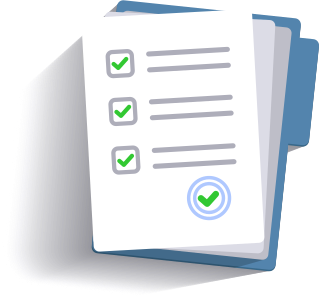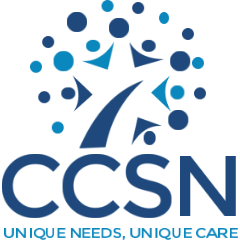Challenging Behavior
Overcoming Behavior Challenges and Building Successful Skills
Significant challenging behavior is common and can be extremely limiting to a child’s success and stressful for the entire family.
Our team uses evidence based assessment and treatment planning procedures to address problem behaviors by working in our Center directly with the child while simultaneously training parents and caregivers on how to help at home and in the community.
Using both functional analysis (FA) and functional behavior assessment (FBA) methods, our team completes a sophisticated evaluation which determines the reason the challenging behavior occurs and establishes a course of teaching healthy replacement skills which meets the individual’s needs.
The behavioral and psychological experience and expertise of CCSN's clinical team allows us to address challenging behaviors for individuals with very complex clinical profiles.
Assessment
A functional analysis (FA) and/or a functional behavioral assessment (FBA) is conducted to identify why the child engages in unwanted behaviors. Treatment involves multiple members of the CCSN team such as psychologists, behavior analysts, speech and language therapists, and educators.
Our Process
In order to design the correct treatment package, our team completes an in-depth assessment to learn all of the information needed to understand a child’s needs. This includes:
- Meeting with parents and caregivers
- Reviewing essential records
- Supporting the family in crafting a vision for a healthy outcome
Working directly with the child, our team will complete a sophisticated FA and/or FBA which will then directly guide the development of a Behavior Support Plan (BSP).
This plan will not only address how to reduce challenging behavior, but will ensure that needed replacement skills are taught. As the plan is implemented we continue to support extensive training for families on how to execute it both at home and in the community.
CCSN’s FAs and FBAs include the following components:
To ensure consistency and stability of environment and procedures, we must train those in direct contact with the patient. All training involves:
- Parent/Caregiver/Educator Interviews - We assess the learner’s current situation through the people who know him/her best
- Records Review - Analyzing previous assessments and evaluations completed by other professionals
- Rating Scales - Questionnaires are given to those who spend a lot of time with the patient and inquire about what they think triggers bad behaviors
- Functional Analysis – Studying how an individual’s behavior changes in the presence of carefully structured environmental modifications
- Direct Observation - Direct observation and measurement of the child’s behavior
- Structured ABC (Antecedent - Behavior - Consequence) Data Collection - The challenging behavior is defined and data is collected on what occurs in the environment before (antecedent) and after (consequence) the behavior occurs
- Functional Summary Statements - Summary statements provide a description of events that are likely to “trigger” inappropriate behavior and discuss why the behavior occurs
- Recommendations - The assessment concludes with a comprehensive list of recommendations to address preventing the challenging behavior, skills to teach to provide the individual with replacement behaviors, and strategies to manage challenges and reinforce successes

Process for Implementing the Behavior Support Plan (BSP)
- CCSN clinicians work directly with the individual and family to build the plan based on family vision and the assessment data.
- Plan is piloted at our Center with careful parent and caregiver training to ensure families are comfortable with the plan and to support generalization
- Our team provides direct instruction on the replacement skills necessary for long-term success

Insurance Reimbursement:
CCSN Behavioral Health accepts insurance from a variety of providers. We would be happy to check eligibility and verify benefits with your insurance company. Please contact us for more information.
Toileting
Helping children and adolescents learn the skills necessary to use the toilet independently
School Consultations
Partnering with school districts to enhance capacity to support the needs of all students
Individual And Family Therapy
Individuals with autism or related neurodevelopmental disorders and their families often benefit from therapeutic support that improves their social and emotional well-being
Functional Behavior Assessment (FBA)
Helping families and educators understand a child's challenging behavior and develop effective solutions
